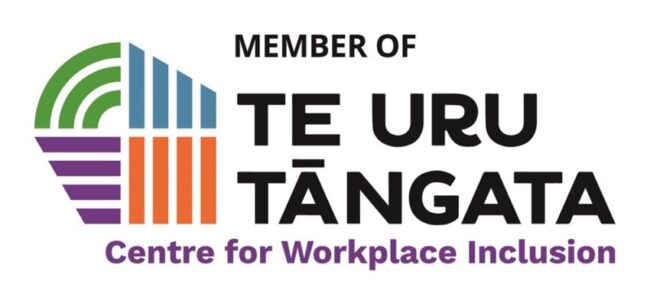The Gloriavale situation is a great example of how wrongly categorising your employees, or failing to pay minimum entitlements correctly, could potentially be financially disastrous.
In late October, the Court of Appeal heard an appeal against a 2023 Employment Court judgment that six former residents of the infamous West Coast community are employees rather than volunteers. [1]
There are numerous concurrent proceedings in front of the Court for deciding the status of Gloriavale’s residents and their entitlements. The Employment Court proceedings that are the subject of this appeal, were outlined in our March 2022 story.
Gloriavale – which has been subject to increasing levels of scrutiny for its practices[2] – will be concerned with both the bad publicity these judgments bring and the potential financial fallout.
Financial consequences of wrongly categorising employees as volunteers
In an employment context, the imminent battle for Gloriavale will be what compensation these residents will be entitled to receive for their years of unpaid work. This will usually be decided by the Employment Authority (Authority).
There will be liability under several different pieces of legislation including the Minimum Wage Act 1983 and the Holidays Act 2003. This liability will extend to reimbursing the residents for their unpaid entitlements for wages and holiday pay, and also include a consideration of whether penalties should be awarded.
Payment of Entitlements
There will be high levels of complexity with calculating the money owed to the residents if wage, time, and holiday records were not kept due to Gloriavale’s categorisation of the residents as volunteers. When these records are not available, the evidence of the employee will be preferred.[3] The employees, Serenity Pilgrim, Anna Courage, Rose Standtrue, Crystal Loyal, Pearl Valor and Virginia Courage say they have worked at least in some capacity from the age of six and worked full time since they were aged 15.[4]
If the various judgments are upheld and the next stage of proceedings for compensation commences, it could be costly for Gloriavale. A precedent may be set for Gloriavale to meet the entitlements of tens, if not hundreds, of residents and past residents – noting the 2023 census records a population of approximately 468 residents.
The financial cost of paying these residents for their past wages could easily be in the millions.
Penalties
Section 135 of the Employment Relations Act 2000 records who is liable to a penalty under that Act.
- In the case of an individual, a penalty not exceeding $10,000 can be imposed.
- In the case of a company or other corporation, a penalty not exceeding $20,000 can be imposed.
Penalties can be imposed for each breach of the relevant employment legislation. In practice, this means if Gloriavale is found to have failed to pay its employees the requisite minimum wage, holiday pay, and sick leave, then it will be found in breach of:
- Section 6 of the Minimum Wage Act 1983 – failure to pay the minimum wage.
- Sections 16, 21, 24, 25, 40, 49, 50, 60, 71, 72 of the Holidays Act 2003 – failure to pay holiday pay, calculate holiday pay appropriately, pay for work on a public holiday, and pay for sick or bereavement leave.
If there are no accurate wage, time, and holiday records, Gloriavale would also be subject to breaches of section 81 of the Holidays Act 2003 and section 130 of the Employment Relations Act 2000.
If Gloriavale was to be considered a company, then this would be a maximum of $260,000 in penalties for the 13 breaches.
Penalties are regularly globalised by similar type to reach a more manageable penalty for payment and to avoid double counting for penalties that flow on from the same error.
The Authority will give consideration to various factors recorded at section 133A of the Employment Relations Act 2000 – including whether the breach was intentional, inadvertent, or negligent and the vulnerability of the employee. It will also consider additional factors identified in Boorsboom v Preet PVT Limited and Warrington Discount Tobacco Limited (Preet)[5]. These considerations will reduce the sum of penalties down to account for the individual circumstances.
If you have any concerns about the volunteer status of workers you engage, or any other questions, do not hesitate to get in touch with a member of our employment law team.
[1] Howard Temple And Ors v Serenity Pilgrim And Ors [2023] NZEmpC 105
[2] Including fielding questions related to its school curriculum, methods of silencing crying babies, and allegations of sexual violence.
[3] Section 83, Holidays Act 2003
[4] Above n 1, at [13].
[5] Boorsboom v Preet PVT Limited and Warrington Discount Tobacco Limited [2016] NZEmpC 143




